Humankind by Amplitude Studios lets you develop a civilisation running over thousands of years
Humankind puts you in charge of a historical civilisation and its development over thousands of years.
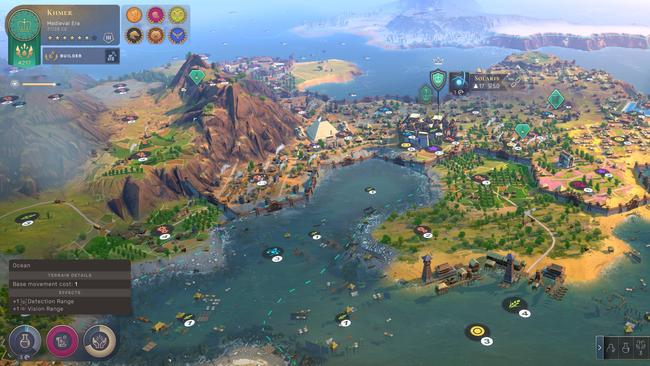
The Civilization series of games has long been considered king of the turn-based 4X (“Explore, Expand, Exploit, Exterminate”) strategy genre, but there’s a new challenger stepping into the ring.
Amplitude Studios has brought its own take to the field with Humankind, published by Sega for PC.
Much like the Civilization games, Humankind is a turn-based strategic affair that puts you in charge of a historical civilisation and its development over thousands of years of history, from the dawn of history to the near future.
Over the course of the game, the player establishes cities, researches technologies, builds military units, explores the world, engages in wars and ultimately tries to become the greatest civilisation of all history.
The formula is well-known at this point, but what’s interesting is that it’s been about 20 years since anyone else made an attempt at an “all of human history” 4X game.
There are a lot of similarities between Humankind and Civilization, to the point where if you are a Civilization veteran you can pretty much jump right in and get on with it.
Humankind introduces some new innovations to the genre though – most of which don’t work all that well, unfortunately.
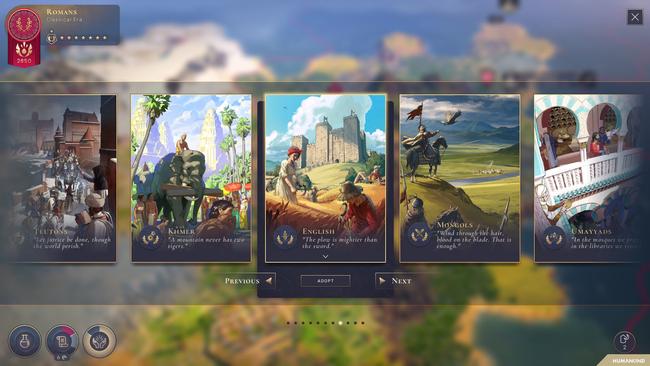
The biggest change is the idea that civilisations adopt a new culture every Era. Thus you might begin the ancient era as the Egyptians, then in the Classical Era switch to the Greek culture, then in the Medieval Era become the Franks, before becoming the Russians in the Early Modern era.
The idea – that you build up bonuses and unique units/buildings from these cultures – is sound, but it’s extremely confusing keeping track of who the other players are because they change names every era.
An example of this would be when I get a message saying my units are in combat with the Japanese, and I would be wondering “What Japanese? Where did they come from?” and then discover the civilisation to the east I had been in a low-level skirmish with had changed cultures from Viking to Japanese.
The actual idea of changing cultures as eras change is a good one, representing the evolution and development of humankind through the ages, but it confusingly handled. I thought there really needed to be a fixed name for each civilisation overall, if only to avoid issues of trying to work out why a civilisation I didn’t recognise was demanding that I stop settling in new areas.
On this note, there is a grievance mechanic that allows civilisations to establish reasons for wars with each other. Grievances can be used to demand outcomes such as paying money or handing over a city, but they don’t prove all that useful in gameplay because you’re never going to give the AI a city and it just withdraws its demands most of the time when you refuse.
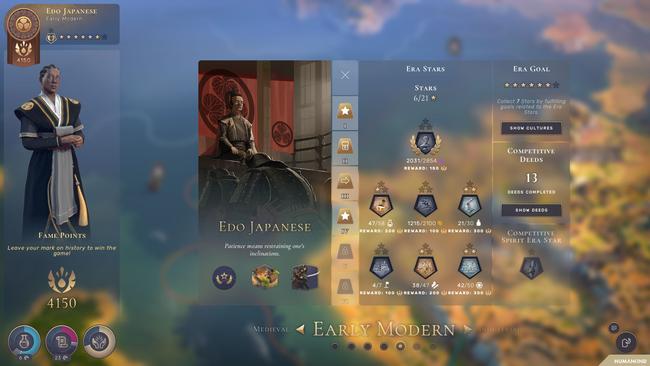
Even wars are not particularly satisfying as they only carry on until one side’s War Score drops to zero, at which point a surrender is forced. This makes wars of conquest unfeasible, no matter how strong your army is or how annoying the civilisation you are fighting may have been over the course of the game.
City building works a bit differently to Civilization as well; the map is divided into several regions which can only have a single city or outpost in them, with various districts which can be built around them (as in Civilization VI) to expand their abilities or bonuses.
While the idea is interesting, it drastically limits the amount of map space available for city building and issues with AI player borders as well as game restrictions on how many cities you can have at once precludes building a globe-spanning empire, which is one of the main attractions of 4X games.
I also ran into issues with bugs, such as turns not ending and some map tiles being inaccessible, and several of the game’s systems such as how religion works or how cultural assimilation functioned were opaque and not explained well, which further dragged down the game experience.
There weren’t nearly enough strategic resources on the map to enable construction of more advanced units, which led to the ridiculous situation of wars in the Modern Era being fought with crossbows and sailing ships, because no-one had enough oil or gunpowder to build steamships or firearm-equipped units.
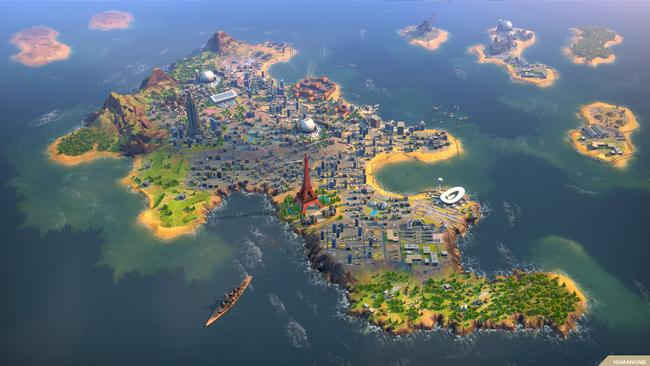
On a positive note, Humankind does include the novel idea of a Neolithic Age, where you explore the starting area to get an idea of what terrain and resources are available, and potentially earn some bonuses to bring into the Ancient Era as well. It’s innovative and well done.
The narration for in-game events and technologies is very humorous; it’s somewhat similar in style to Sir Terry Pratchett’s writing and raised a few chuckles, although the humorous commentary seemed at odds with the otherwise played straight nature of the game.
Combat is also different to the usual fare, offering the ability to control individual units in rounds, allowing for more granular strategy than simply attacking with a stack of units and hoping for the best. You can do that too, if you want, though.
I liked being able to create my own avatar to represent my civilisation; it was a nice touch. I also thought the era advancement system, which isn’t just tied to technological achievements but also incorporates culture, science, land and prosperity, was well handled too.
Overall, I really wanted to like Humankind; it’s exactly my sort of game and I was disappointed with how unpolished it was, with its innovations and highlights being marred by bugs, disappointingly implemented mechanics, and a lack of balance in some areas.
There’s a lot of potential here, but in its current state it’s not a threat to the genre domination of Civilization, which is a shame because there is room for a competitor and with a bit more work, this could have been it.
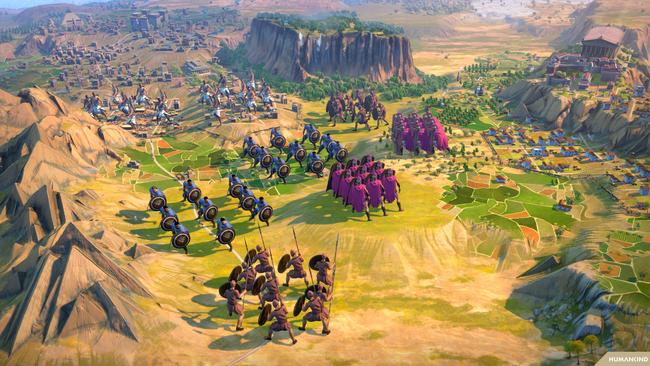



To join the conversation, please log in. Don't have an account? Register
Join the conversation, you are commenting as Logout